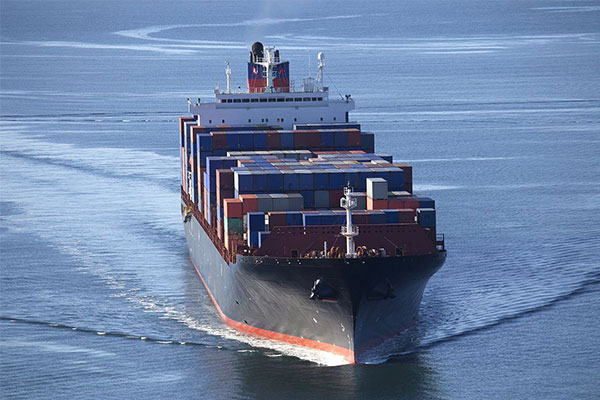
Processing trade: The money tree for foreign trade enterprises
In the field of foreign trade, processing trade has always been regarded as a money tree for enterprises. It can not only help enterprises reduce production costs, but also enhance the competitiveness of products in the international market. So, what is processing trade? What are its advantages?
What is processing trade?
Processing trade refers to a trade method where enterprises import raw materials or components from abroad, process and assemble them, and then export the finished products to foreign markets. This model is particularly suitable for enterprises with high raw material costs but strong processing capabilities.
Advantages of processing trade
- Cost reduction: By importing low-cost raw materials, enterprises can significantly reduce production costs.
- Enhancing competitiveness: Utilize advanced foreign technology and equipment to improve product quality and added value.
- Flexibly respond to market changes: Quickly adapt to changes in international market demand and adjust product structure and production plans.
Operation process of processing trade
The operation process of processing trade with imported materials is relatively complex and mainly includes the following steps:
- Contract Signing: Sign raw material procurement contracts with foreign suppliers, specifying terms such as price, quantity, and delivery time.
- customs clearanceimported: Import raw materials through customs declaration and pay corresponding tariffs and VAT.
- Processing and production: Use imported raw materials for processing and production, ensuring product quality meets international standards.
- Customs declaration for export: Export finished products through customs declaration to enjoyExport tax refundpolicy benefits.
Common problems and solutions in processing trade
In actual operations, enterprises may encounter some problems. Here are several common issues and their solutions:
- Tariff issues: Tariff policies vary by country, so enterprises need to understand them in advance and make proper tax planning.
- Logistics issues:International logisticsThe process is complex, and enterprises need to choose reliable logistics partners to ensure timely transportation of raw materials and finished products.
- Quality control issues: The quality of imported raw materials directly affects the quality of finished products, so enterprises need to establish a strict quality control system.
Conclusion
As an efficient foreign trade model, processing trade with imported materials can help enterprises reduce costs and enhance competitiveness. However, enterprises also need to pay attention to some common issues during the operation process and adopt corresponding solutions. Through reasonable planning and effective execution, processing trade with imported materials will undoubtedly become a new key to profitability in foreign trade.


 Follow Customer Service WeChat
Follow Customer Service WeChat